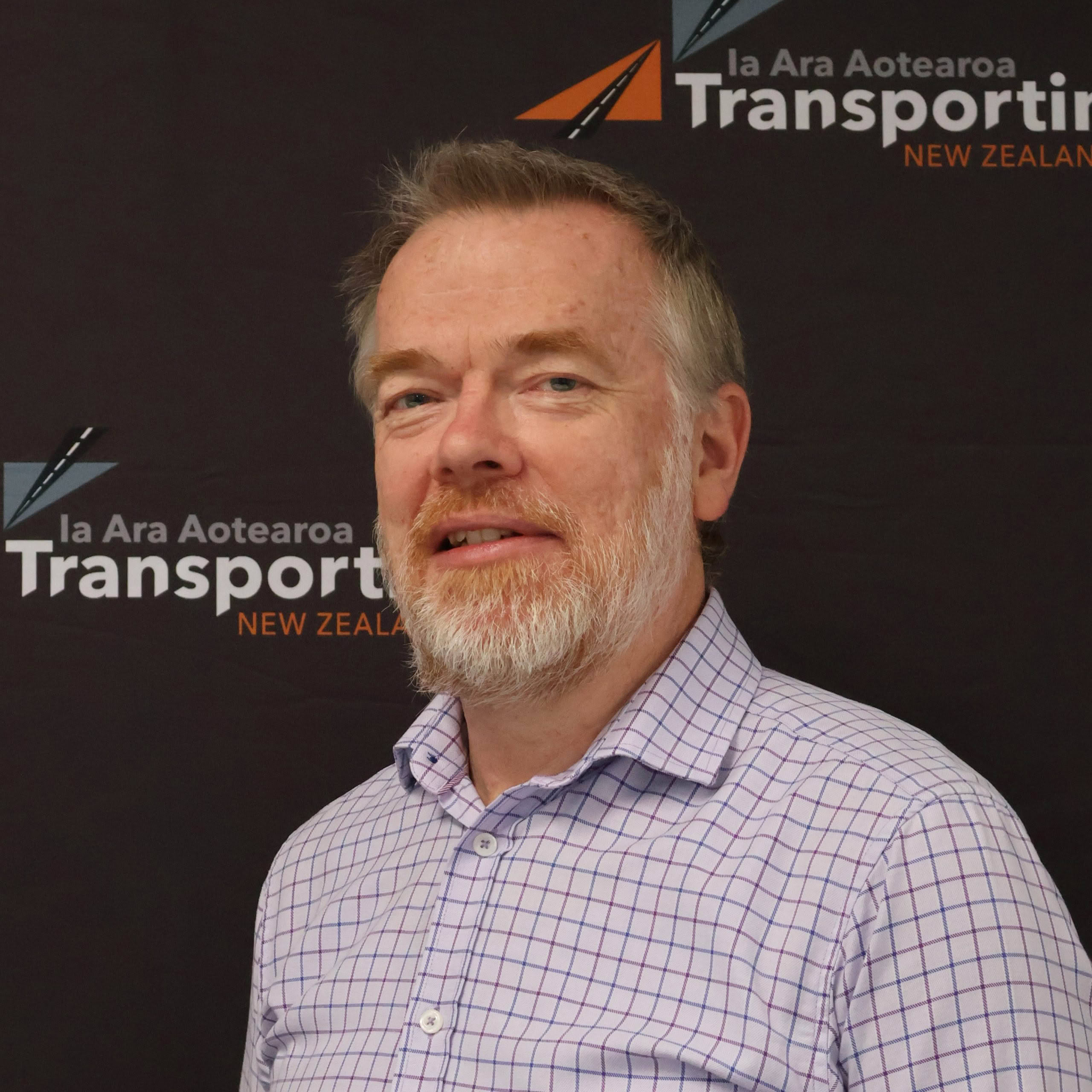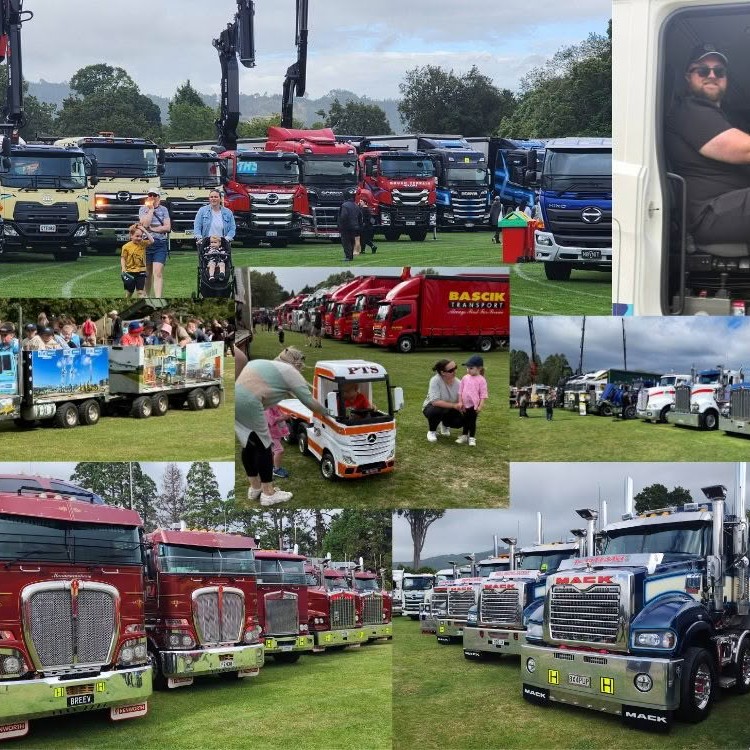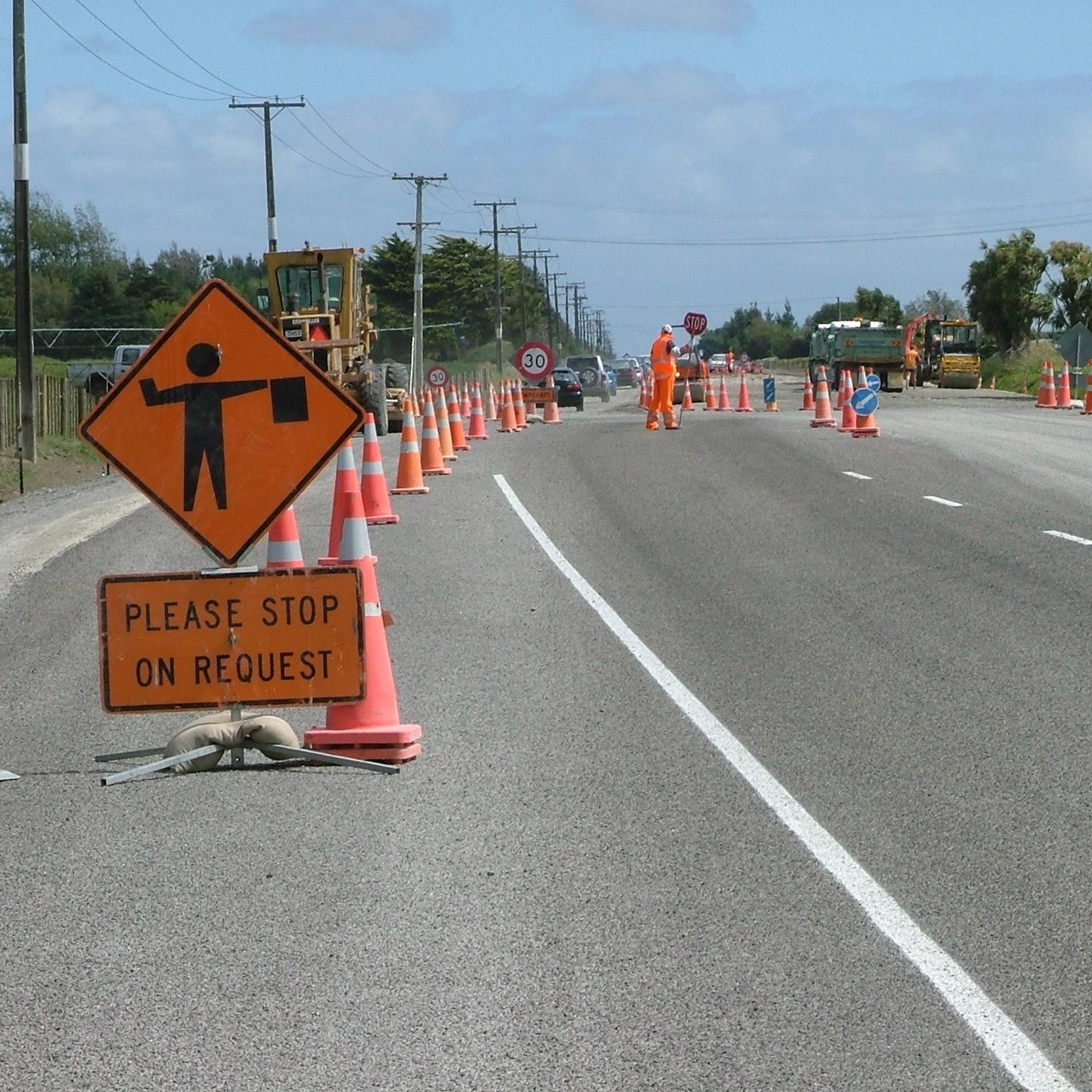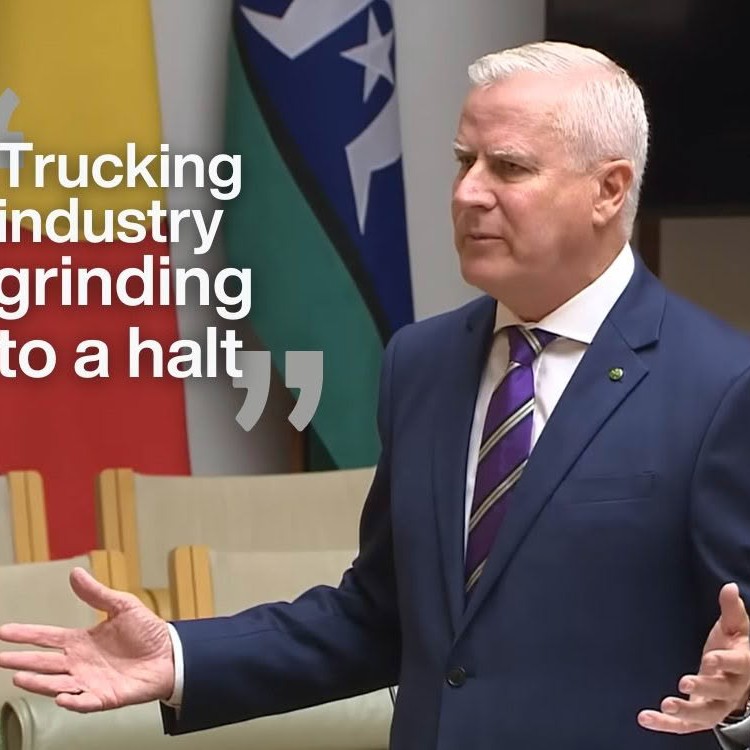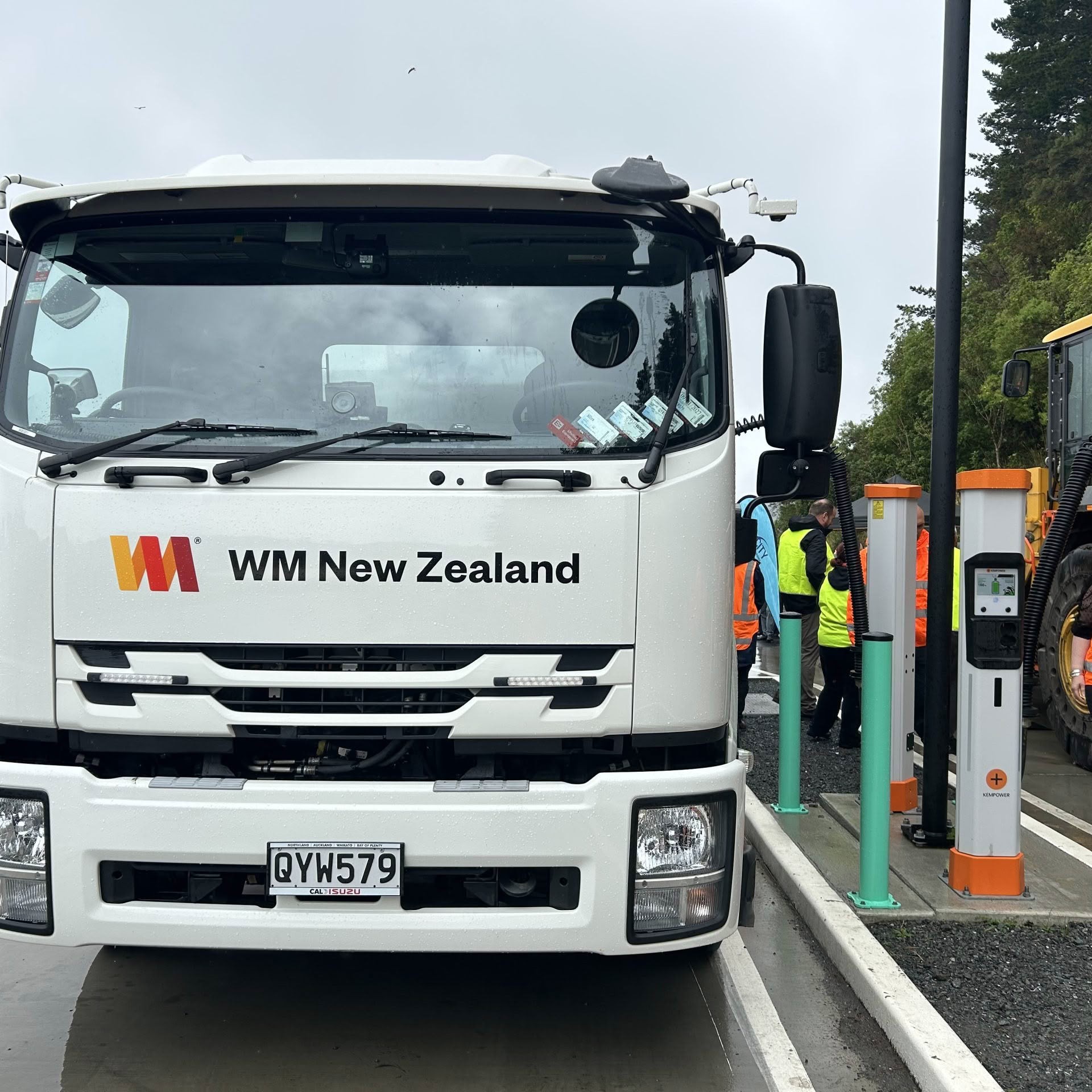
It was a big week in terms of considering potential transport policy changes.
Consultation closed on the changes to the Graduated Driver Licensing System (GDLS) with the most significant proposed change being the removal of the final driver assessment and replacing it with penalties intended to better manage novice driving.
The licensing of drivers is a key road safety control. GDLS was introduced here in 1987, and other than the minimum age for driving being increased from 15 to 16 years of age in 2011, this current proposal would be the biggest change to the licensing regime in 40 years.
Because of its importance we have been across this issue for a long time. Our members and the road freight sector will be significantly impacted by these changes, directly and indirectly. Therefore when public consultation was announced we quickly came out in support of it.
I was then intrigued when a major transport publication penned an editorial on the subject – fairly clearly pointed at Transporting New Zealand – ending with the comment: “Condoning the final act in gaining a full car licence not including some form of final practical assessment falls well short of a representative’s responsibility to the industry”.
It is indeed a tragedy that young drivers are so over-represented in road trauma and it is a complex problem for all countries. However, despite New Zealand having what appears to be a more stringent regime requiring two tests, according to the AA our young drivers have the highest rates of road deaths in the OECD.
Very few countries have a second practical test and there is no real research to support the value of it. New South Wales tried it and removed it nearly a decade ago. However research does show that imposing stricter requirements, such as no alcohol, and requiring a clean driving record, are more likely to lead to better safety outcomes.
It would be irresponsible of an organisation like ours to continue with a licensing system that is not working, particularly when international practice shows there are better ways. We need to rely more on real evidence and actual safety outcomes and that is why we support these changes.
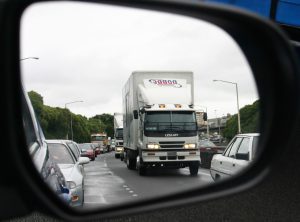
Congestion pricing
On Tuesday I joined the AT (Auckland Transport) Freight Reference Group for a discussion. It was reported that the Port of Auckland’s booking charges have not been successful in shifting freight off Auckland’s congested roads.
To have even a slim chance of changing those deliveries to night or off-peak travel periods is extremely complex and it needs strategic thinking and planning, not only across supply chains but the eco-system.
In essence, port charges are a travel demand management tool. The fact that these charges have been unsuccessful in changing behaviour is no surprise to us.
As we told the Transport Select Committee, freight demand is inflexible, meaning that congestion charges do not result in material changes in heavy vehicles travelling at peak times. That is why we recommended that freight vehicles and public transport vehicles be exempt from paying time-of-use charges. Transporting New Zealand has been a lone voice in this regard; other industry representatives have supported congestion charging which in my view has been unhelpful.
The current charges are not driving productivity improvements. All the charges are currently doing is ultimately increasing the cost of living.

Te Ahu a Turanga – Manawatū Tararua Highway
Last weekend the ribbon-cutting ceremony for the Manawatū -Tararua Highway was held. Traffic is now using it and I’m really looking forward to my first trip over it.
We opposed initial plans to make it a toll road.
First up, our opposition was because the highway is not a new alternative to a current major state highway, it’s a replacement of the old SH3 section through the Manawatu Gorge that was closed due to slips in 2017.
Also, it was highly questionable whether the new road met the traffic volume requirements for tolling in NZTA’s policy guidelines.
Lastly, but not leastly, our members, and the local communities, were opposed to tolling. We were the only road industry representative group to oppose it and we were glad about the final decision to not toll it.
We based our position on evidence, data and how the proposed change aligned with the fundamental underpinning policy.
Too often, decisions are being made based on sentiment and emotion instead of facts, risk-based assessments and good international practice.
We’ve had a penchant for doing things our own way, almost appearing to ignore international good practice. Traffic management and speed limit setting are good recent examples.
We’re working hard to change this. But having an industry that is misaligned on some of these fundamental issues poses a real risk to successfully advocating on the major issues so that road freight can do its bit in helping our economy recover.
